Dill Seed Essential Oil
$7.50 – $243.00
Buy Dill Seed Oil, 100% Pure, and Natural at Wholesale Price
Dill seed essential oil is obtained from Anethum Graveolens which is popularly known as Indian Dill. Being from the Umbelliferae family, it is closely related to Graveolens, commonly termed as Peucedanum graveolens. Originally from South West Asia, it is a biennial herb that can grow up to 1 meter or 3 feet. It carries green feathery leaves and umbels of small yellow flowers that are followed by tiny compressed seeds. It derives its botanical name Greeks and Romans, who called it “Anethon. Its common names come from the Anglo-Saxon ‘dylle’ or ‘dylla’, which later changed to dill. The meaning of the word is ‘to lull’ – referring to its soothing properties. The Eucalyptus oil is actually extracted from the fresh or partially dried leaves and young twigs of the flower.
Benefits of Dill Seed Oil:-
-
Anti-Inflammatory Effects: It is exhibits anti-inflammatory properties, making it beneficial for addressing inflammation in various parts of the body. It can be used topically (properly diluted) to soothe inflamed skin or muscles.
-
Rich in Antioxidants: It contains antioxidants that help neutralize free radicals in the body. These antioxidants contribute to cellular health, reduce oxidative stress, and may lower the risk of chronic diseases.
-
Calming Effect on Nervous System: It has a calming effect on the nervous system. Inhaling its aroma or using it in aromatherapy may help reduce stress and anxiety, promoting relaxation and a sense of well-being.
-
Rich in Nutrients: Dill seeds, from which the oil is extracted, are rich in essential nutrients like iron, calcium, magnesium, and vitamin C. These nutrients contribute to overall health, supporting bone health, immune function, and more.
-
Antimicrobial Action: It possesses antimicrobial properties, which can help in combating certain bacteria and fungi. It can be applied topically to minor wounds or skin infections to aid in the healing process.
-
Expectorant Qualities: It has expectorant qualities that make it useful for respiratory health. Inhaling the vapor or using it in steam inhalation may help break down and expel mucus, providing relief from congestion.
How to Use Recipes of Dill Seed Oil:
Incorporating this oil into your daily routine involves exploring a variety of creative and practical recipes. Here are ways to maximize the benefits of this oil:
-
Relaxing Bath Salt Soak: Enjoy a relaxing bath salt soak by combining 8-10 drops of this oil with a cup of Epsom salts. Dissolve the mixture in warm bathwater and soak for 20 minutes to experience the calming effects and promote overall relaxation.
-
Anti-Inflammatory Massage Blend: Create an anti-inflammatory massage blend by diluting 10 drops of Dill Seed Oil in 2 tablespoons of a carrier oil like jojoba or sweet almond oil. Massage this blend onto inflamed or sore muscles for soothing relief.
-
DIY Digestive Roll-On: Make a DIY digestive roll-on by combining 7 drops of Dill Seed Oil with a carrier oil in a roller bottle. Apply this blend to the abdomen and gently massage to ease digestive discomfort and promote a healthy digestive system.
-
Aromatic Room Spray: Create an aromatic room spray by combining 15 drops of this oil with distilled water in a spray bottle. Use this spray in your living space to freshen the air and enjoy the pleasant and calming aroma.
-
Antimicrobial Hand Sanitizer: Craft an antimicrobial hand sanitizer by combining 10 drops of Dill Seed Oil with 1/4 cup of aloe vera gel. This blend can be used as a natural and aromatic hand sanitizer, offering antimicrobial benefits with a pleasant scent.
-
Calming Aromatherapy Diffuser Blend: Enjoy a calming aromatherapy diffuser blend by combining 4 drops of Dill Seed Oil, 3 drops of lavender oil, and 2 drops of chamomile oil. Diffuse this blend in your living space to create a serene atmosphere.
-
Dill Seed Infused Water: Make a refreshing infused water by adding a drop of this oil to a glass of water. This can be a delightful and flavorful way to stay hydrated while enjoying the benefits of Dill Seed Oil.
| Weight | N/A |
|---|---|
| Botanical Name: | |
| CAS# : | |
| Color & Odor : | |
| Country of Origin: | |
| Methods of Extraction : | |
| Solubility | |
| Specific Gravity | |
| Refractive Index | |
| Flash Point | |
| Optical Rotation |
You must be logged in to post a review.
You may also like…

Organic Dill Seed Oil
Related products
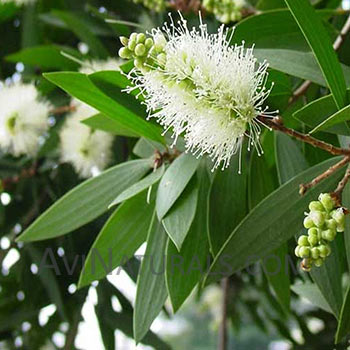
Cajeput Essential Oil

Camphor Essential Oil
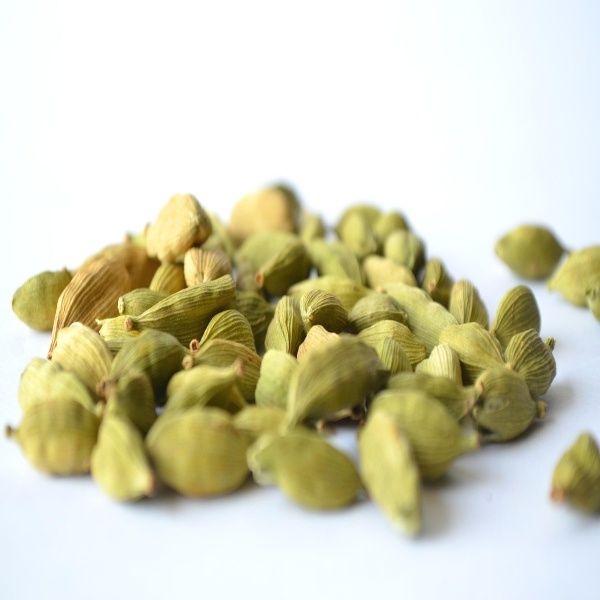
Cardamom Essential Oil
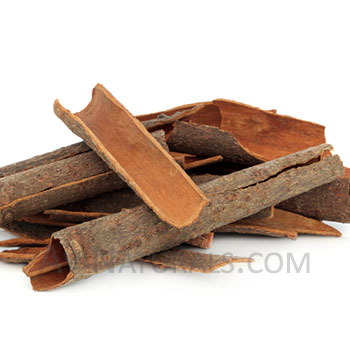
Cassia Essential Oil

Chamomile German Oil

Chamomile Roman Essential Oil

Clary Sage Essential Oil
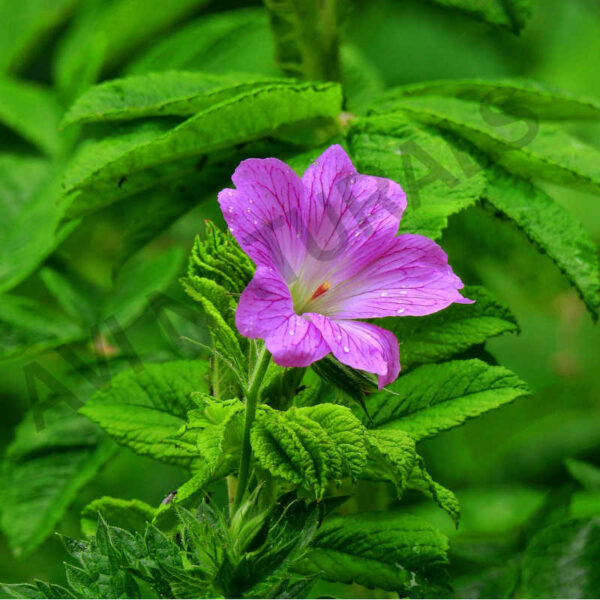


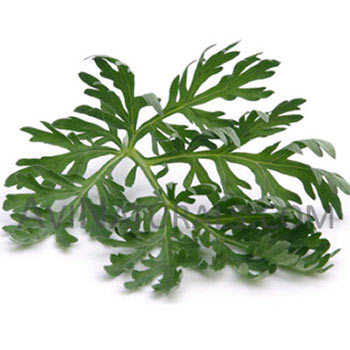
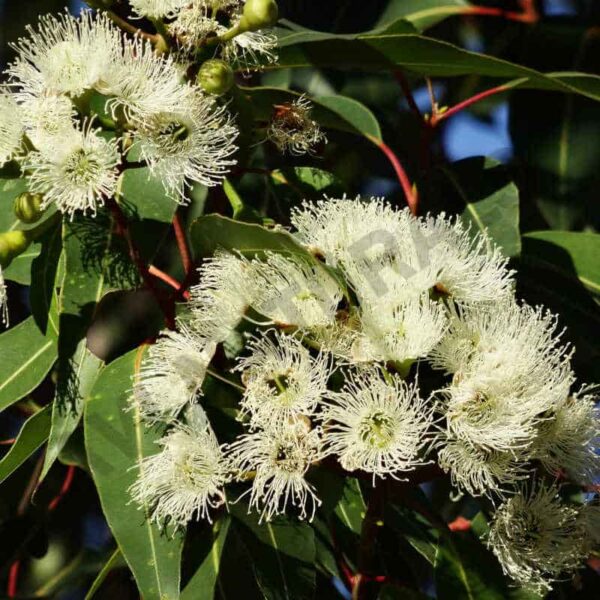
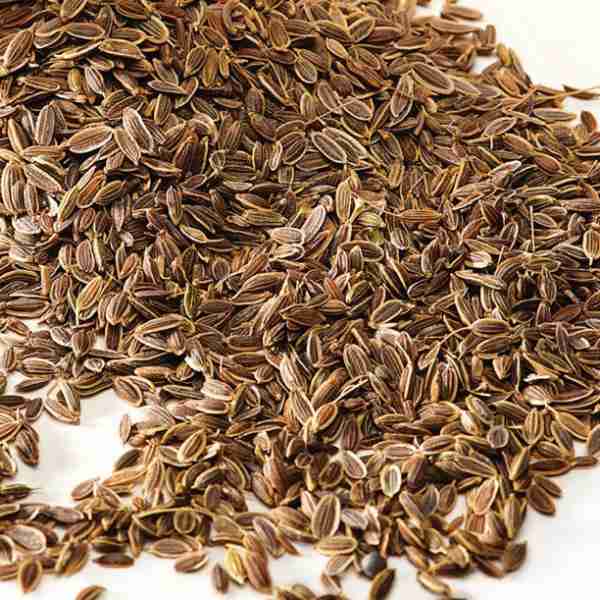
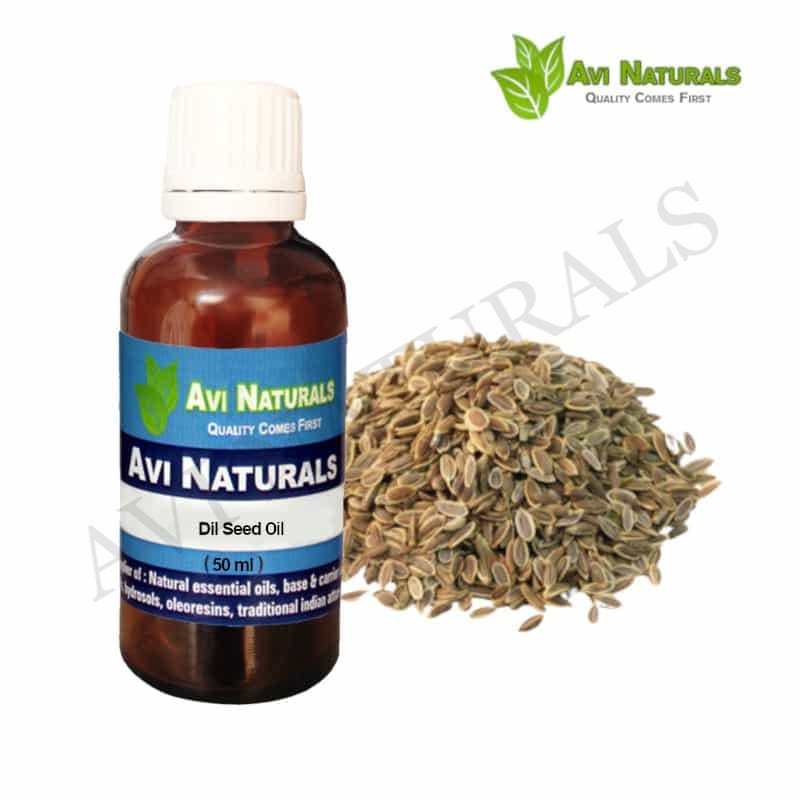
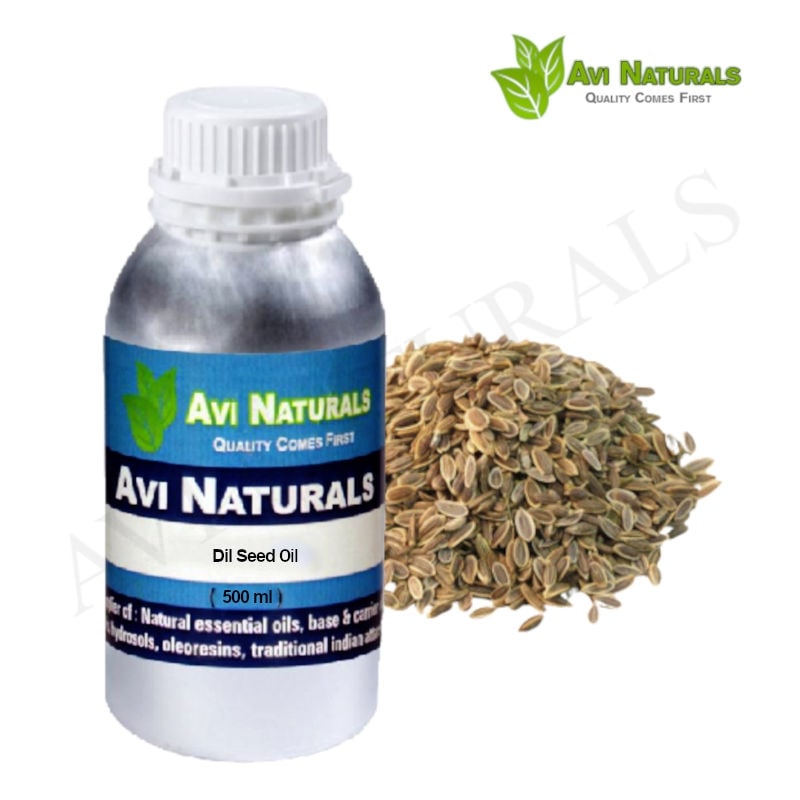
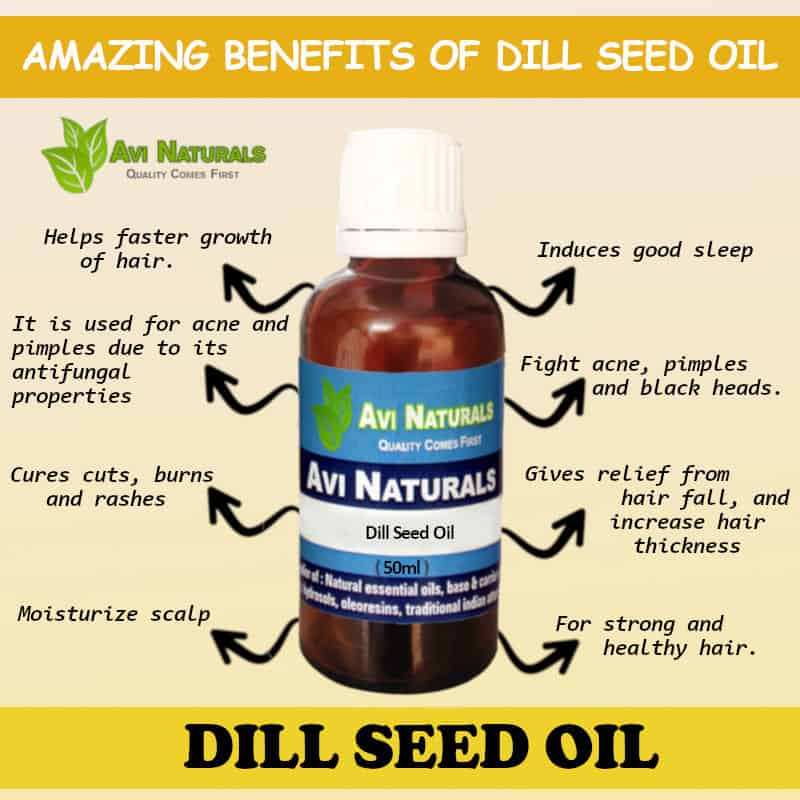
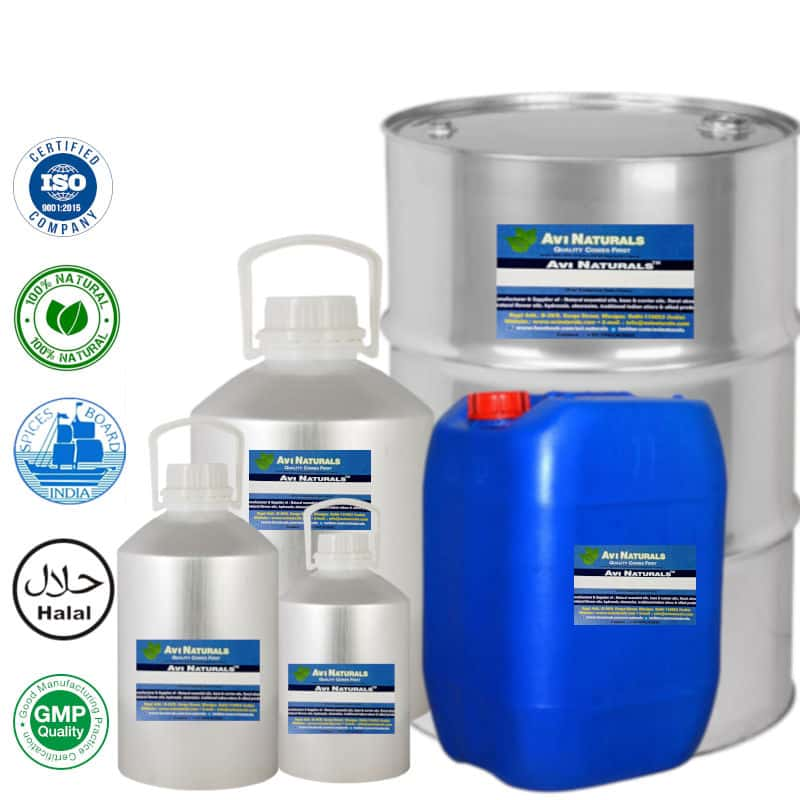
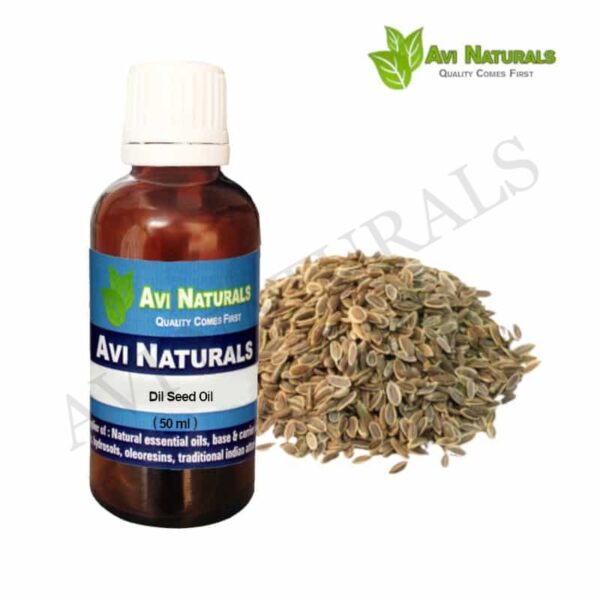
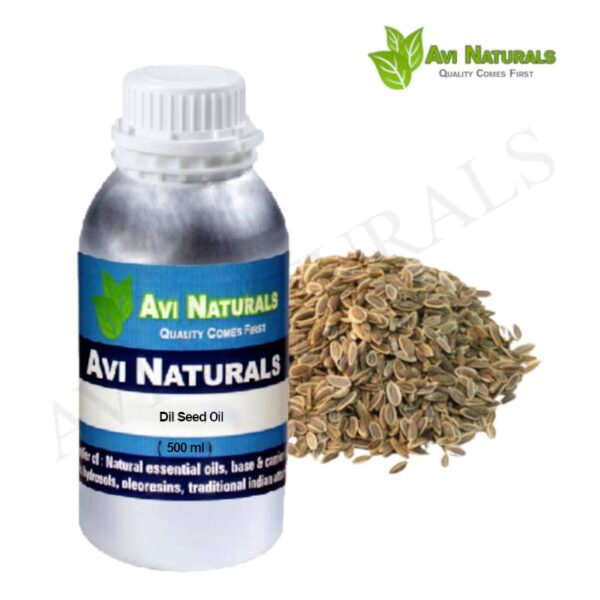
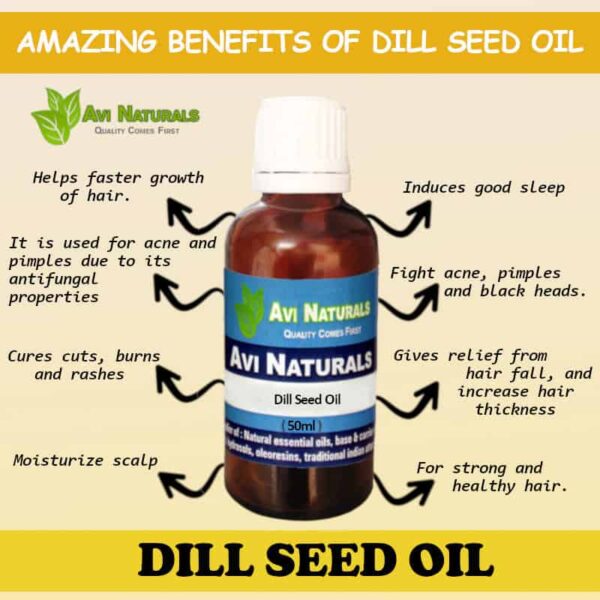
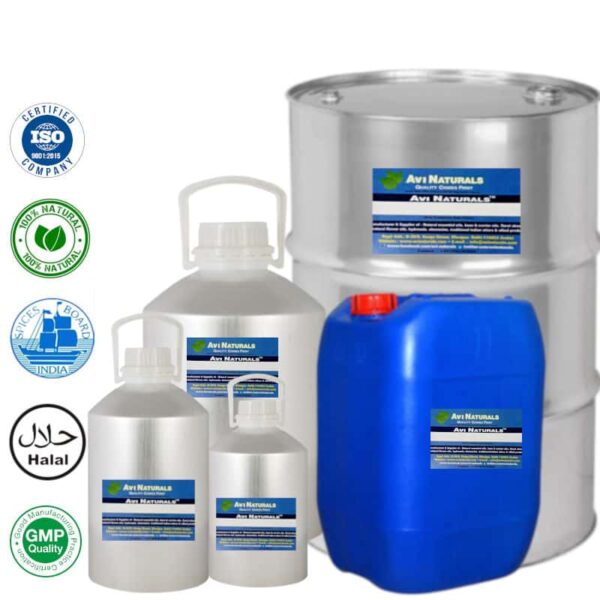
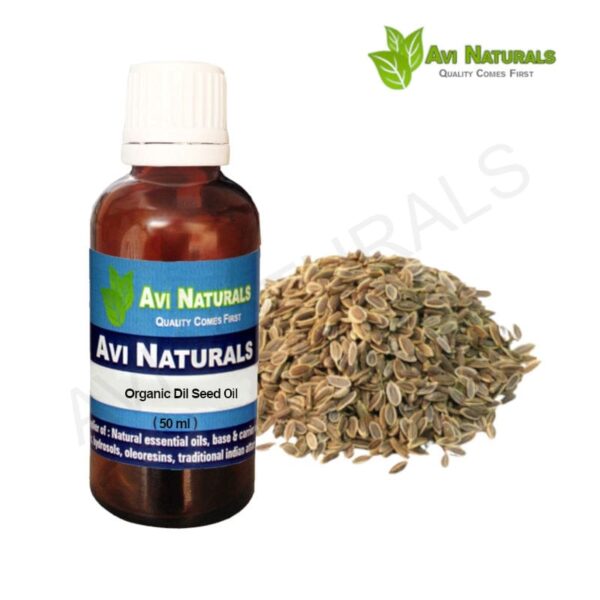
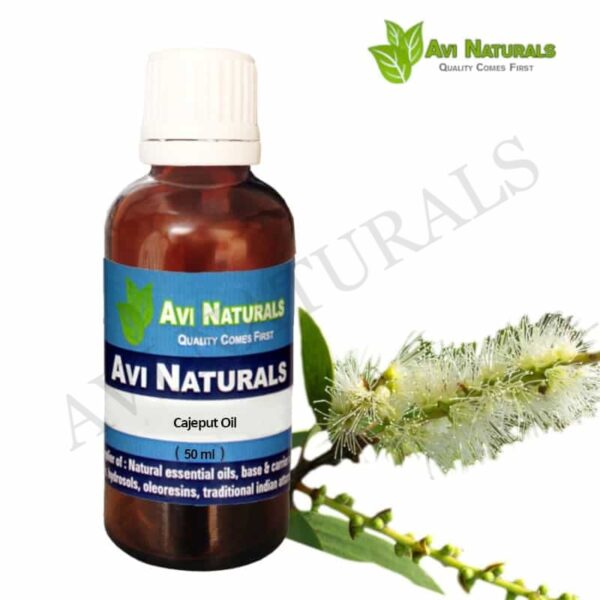
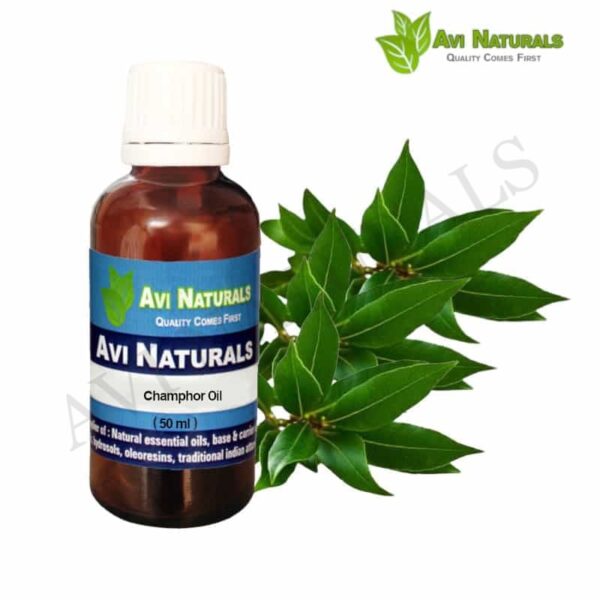
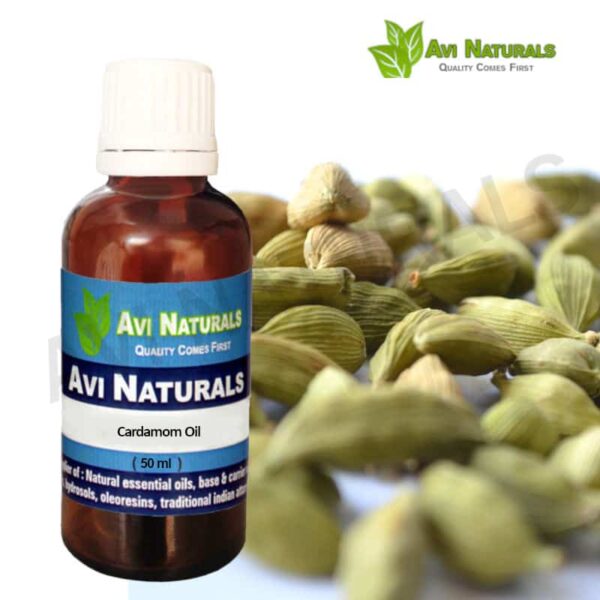
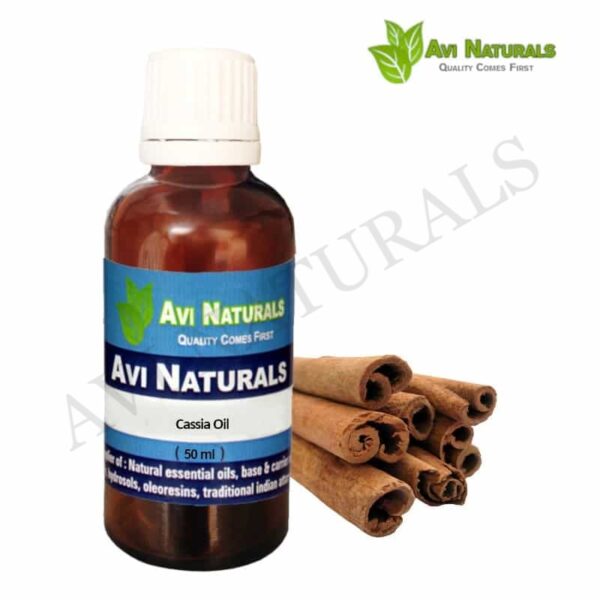
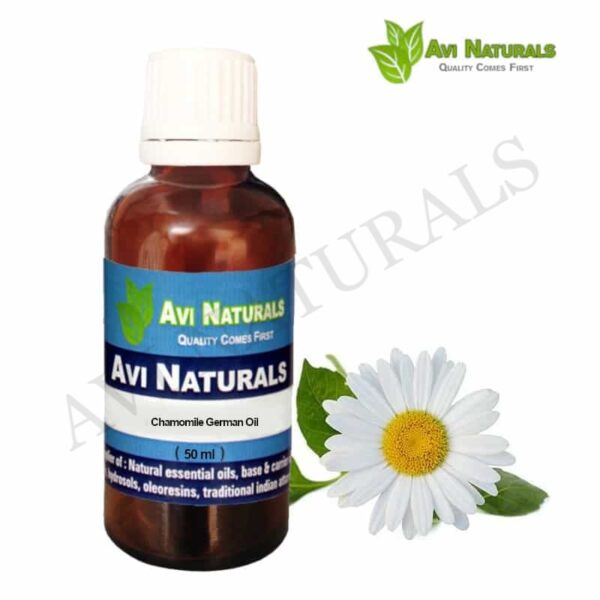
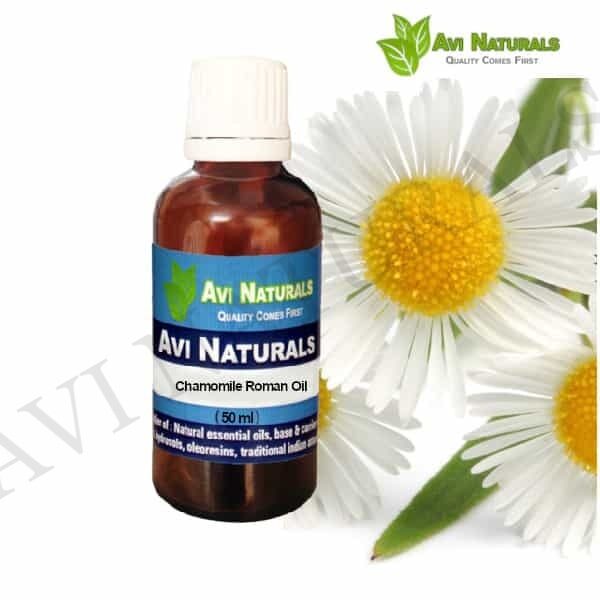
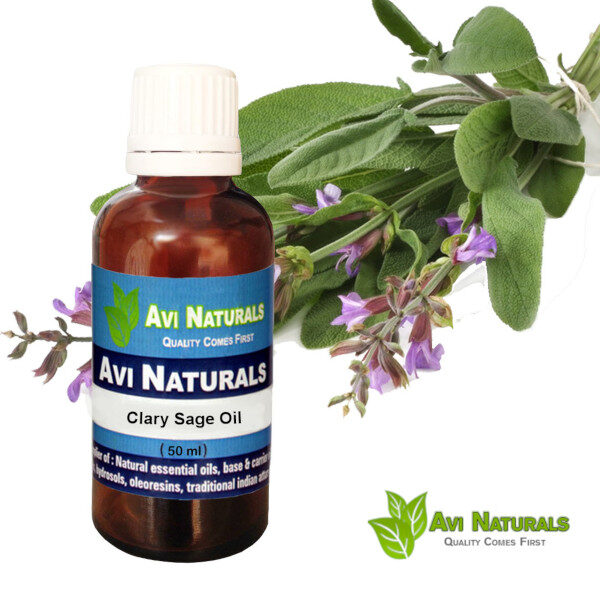
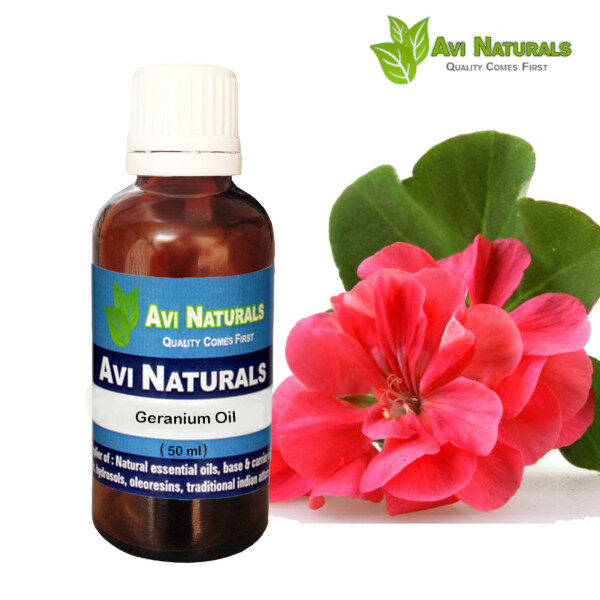

7 reviews for Dill Seed Essential Oil